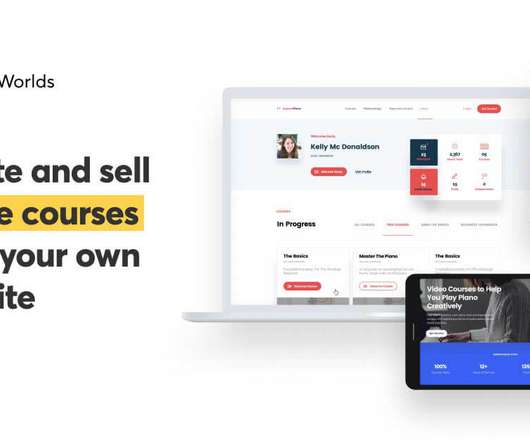My Personal Knowledge Management Approach
Clark Quinn
MARCH 29, 2022
So with no further ado, here’s my personal knowledge management approach. First, Harold’s Personal Knowledge Management ( PKM ) model has three components: seek, sense, and share. I have a number of blogs I’m subscribed to. Writing is about creating a narrative around it.












































Let's personalize your content